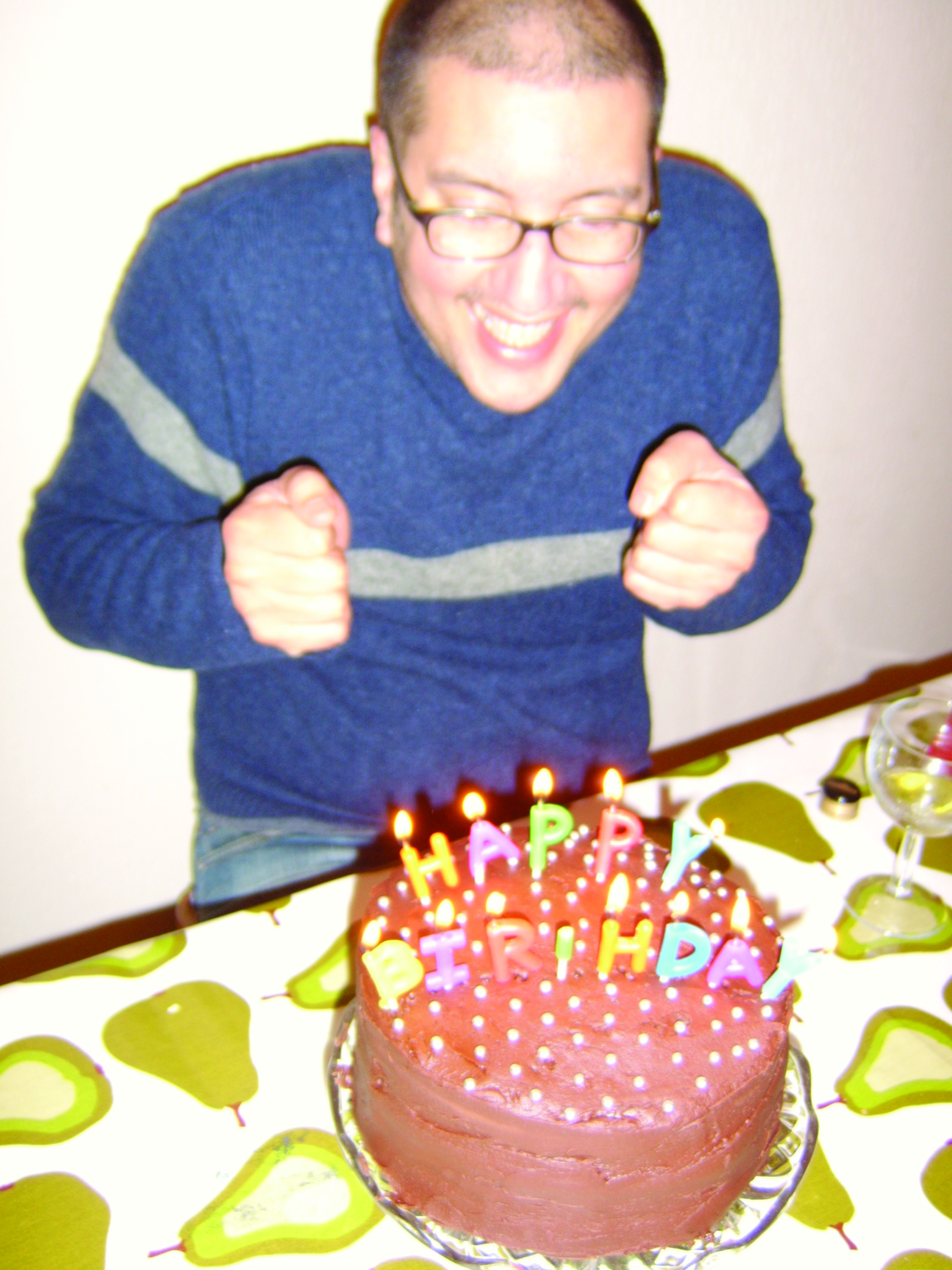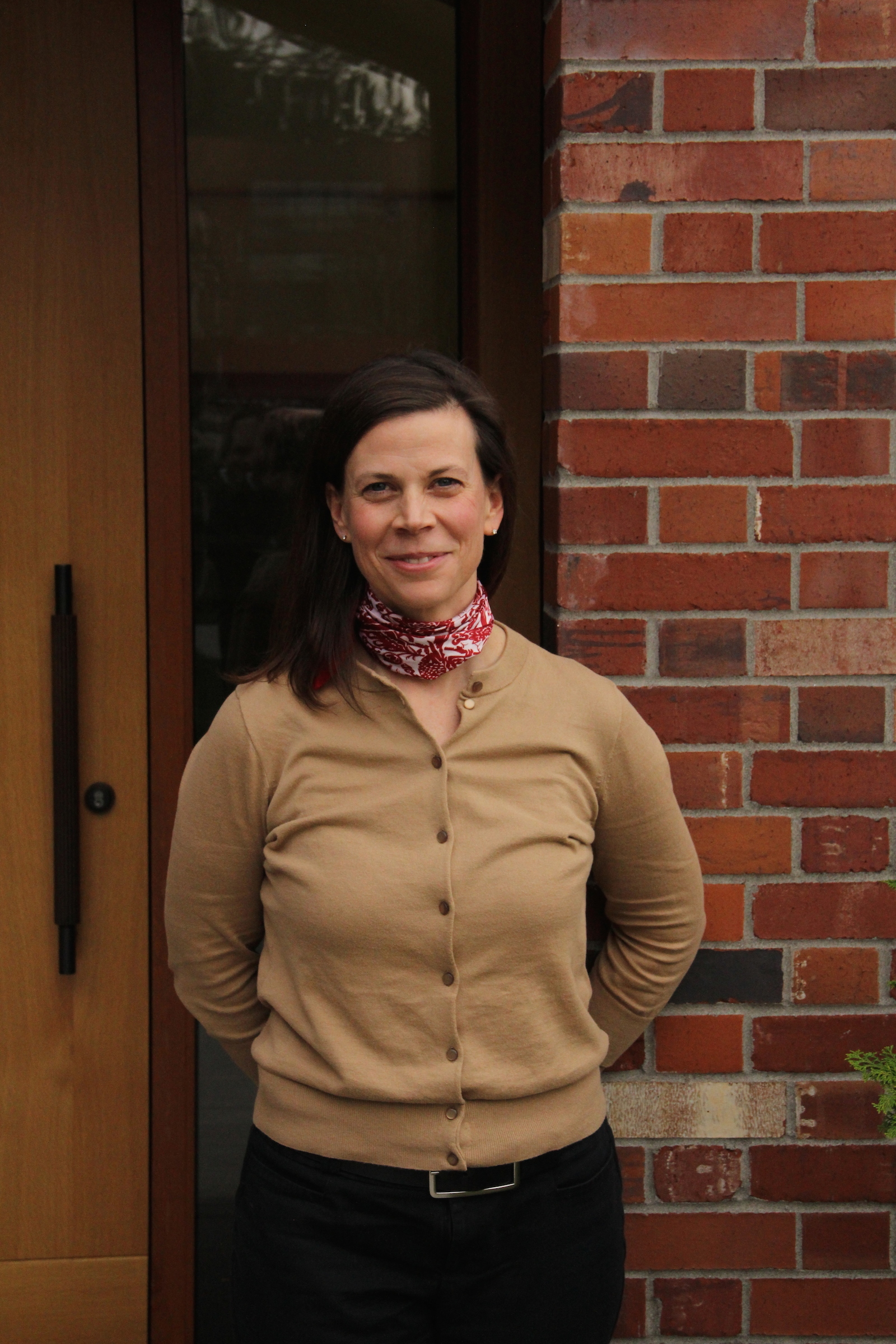
This coming fall, Professor John Wesley of the University of Toronto will make Puget Sound his new academic home. This addition to the ranks is the result of an extensive hiring process that the English department underwent to account for the impending retirement of Professors Peter Greenfield and Florence Sandler.
“This is exactly the kind of university I’ve always wanted to work for,” Wesley said. “It’s a great honor to have been selected.”
Wesley’s transition is one from holding a postdoctoral fellowship at the University of Toronto, where he has taught Literature since 2008, to an assistant professorship at Puget Sound.
“Landing a tenure-line position at a school like UPS is an incredible privilege, and I’m confident it’s the right step. It’s the ideal step, actually,” he said.
Wesley’s fellowship, which gave him research funding until 2012, granted him the time to choose selectively where he applied for a new position.
“It really is about finding the right fit, both from the hiring committee’s point of view, and the candidate’s,” English department chair Priti Joshi said.
Hailing originally from Vancouver, B.C., Wesley is also pleased with a move back to the Pacific Northwest.
“I think it’s further special that such a desirable career move coincides with a move home,” he said, “an increasingly rare occurrence in the academic profession.”
What’s more, Wesley’s previous familiarity with Puget Sound’s goals and standards gave the position more significance.
“I’m delighted to have been offered a position at a school for which I felt from the very beginning would be a great fit,” he said.
Though filling the shoes of long-established professors, Wesley intends to bring a new and specific perspective to the school. Teaching to the early modern and Renaissance periods, he said that his particular emphasis is on “the relationship between literature and culture.”
Joshi said, “We’re a unique institution, so we have unique needs. We were looking for someone really doing cutting-edge scholarship—people at the scholarly pinnacle.”
More than that, Joshi said that while most institutions look for excellent scholars, Puget Sound also concerns itself with professors who can also teach innovatively.
It was the balance of valuing Puget Sound’s objectives at the same time as establishing a distinctive point of view in teaching that convinced the department of Wesley’s fit with the University.
“One of the things that was very important to me was that I didn’t just want to replicate ourselves,” Joshi said. “For me, Professor Wesley hit the nail on the head for that one. He stretches and grows us. He brings an interesting methodology and perspective on the period.”
He was able to expound on his unique interests, which hone in on rhetoric and culture in Renaissance England, in the campus lecture that he gave as the final portion of the hiring process. His lecture, entitled “Lavinia’s Alphabet: Rhetoric, Emotion, and Language Reform on the Renaissance Stage,” gave him the opportunity to interact with students and faculty about his area of scholarship.
“It [the lecture] was a great pleasure,” Wesley said. “The Q&A period in particular was challenging in the best of ways, in that the questions from students and faculty alike helped me think about my research in several new and interesting ways.”
The lecture served as a means of further evaluating Wesley’s compatibility with Puget Sound.
“There was a palpable energy after the lecture, Joshi said. “The way students interacted with him suggests that he has all the ingredients that we were looking for.”
Students who attended the lecture were able to glean what Wesley would be able to provide them from an academic standpoint. English major Maddie Byers said, “Professor Wesley’s sharp wit and dedication to active pedagogy has the potential to bring tremendous life to the challenging texts of the Renaissance.”
This idea is one that coincides with an important factor that the English department considered when evaluating candidates.
“He’s bringing a level of excitement about his stuff,” Joshi said. “It takes really good teaching to bring the of kind of energy he brings.”
Another important consideration during the hiring process was what sort of combination of assets each professor could provide. In Wesley’s case, his time spent as the editor of a creative writing journal as an undergraduate, his active work with a variety of literature and his focus on rhetoric and culture entwine the University’s three literature emphases—Creative Writing, Literature and Writing, Rhetoric and Culture.
“We didn’t start out looking for that. We were really lucky to get a unique combination of all three of the tracks we have here,” Joshi said.
In the fall, Wesley will teach English 221—a survey course that covers a span of time starting with Beowulf and ending with John Milton—in addition to Shakespeare, English 351. According to Joshi, new professors typically start out teaching previously established courses and add more classes more specific to their interests in time.
For Wesley, these include a course on the Bible and literature as well and one devoted to Milton’s Paradise Lost, among others.
Wesley has high hopes for what he’ll be able to accomplish at Puget Sound.
He said that he feels he will be able to contribute to the University’s “liberal arts focus, emphasis on interactive and interdisciplinary learning, opportunities for collaborative work, the ways that students are actively involved in their development, [and] the kinds of research being done by faculty.”
Finally, in the true fashion of one who devotes his time to extensive studies of language, Wesley said, “If you’re interested in the proper way to pronounce ‘out’ and ‘about,’ I can help. We Canadians have been practicing for years.”


